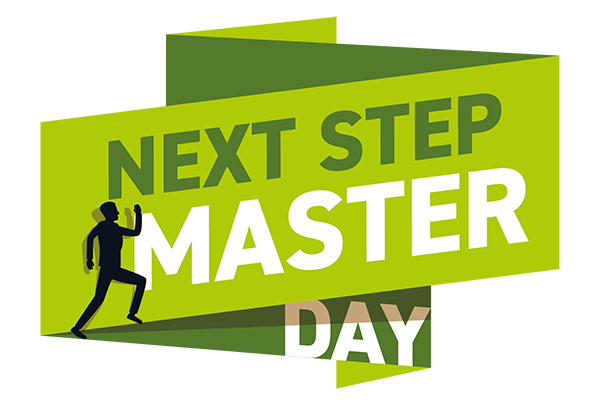Tackle big (societal) issues at the smallest level: become an expert in the field of nanotechnology and invent, design and develop innovative solutions on the extremely small nanoscale.
How can you diagnose diseases, such as cancer, at an early stage? Are there more sustainable ways to store energy to make the energy transition possible? And how can you make a sensor that checks water pollution levels on a large scale? These important, societal questions all have one thing in common: nanotechnology might be the answer! In the two-year, English-taught Master’s in Nanotechnology at the University of Twente (UT), you become an expert in this exciting, upcoming field.
You start your studies in September. If you need to follow a Pre-Master’s first, you can start in September as well and continue with the Master’s in February.
The research field of nanotechnology might focus on an extremely small scale, but if you think it is a small discipline: think again. Nanotechnology is everywhere. It’s in our phones, our computer chips, our solar panels, our food, our cars, our medicine, our cosmetics and the list goes on and on. The scope of nanoscience is exceptionally wide, with five main application areas: Health, Energy & Sustainability, Security, Agriculture, and Water & Technology.
Nanotechnology combines multiple disciplines such as physics, chemistry, electrical and biomedical engineering. This multidisciplinarity makes this Master’s unique. Whereas nanotechnology is normally part of a monodisciplinary programme, like for example applied physics or chemical engineering, the University of Twente is the only research university in the Netherlands that offers a Master’s in Nanotechnology that integrates all disciplines. This way, you can become the multi-skilled researcher that you want to be.

